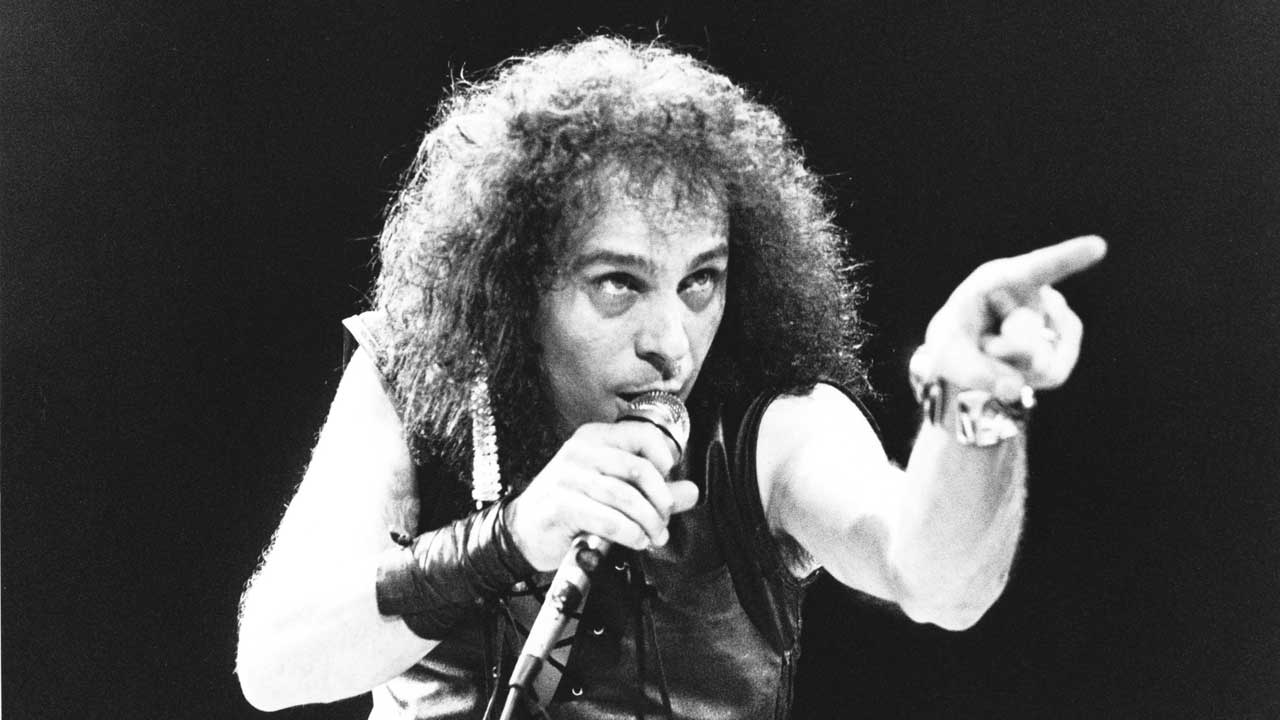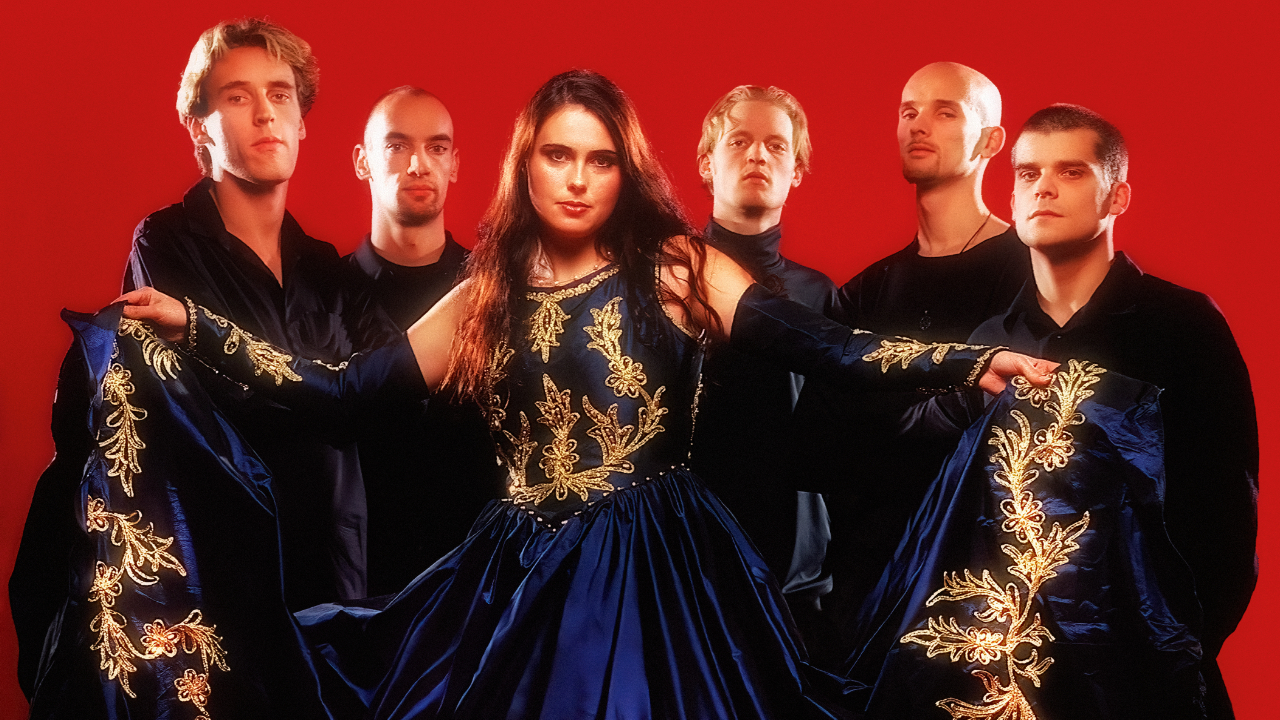"Everybody wanted to get in on the action. I wasn't letting that happen": Dio's first platinum album could have been very different
Unencumbered by the curse of the second album, The Last In Line became one of the most momentous metal albums of the 80s

Recorded in spring 1984 at Caribou Ranch, high in the Rocky Mountains (made famous by Elton John who named his 1974 album after the studio) expectations around the second Dio album, The Last In Line, ran high. The debut Dio album, Holy Diver, was on its way to platinum status in the US and the feeling at the record label was that with just a little tweaking the follow-up could be huge.
For that reason, the label chiefs wanted Van Halen producer Ted Templeman to oversee the recording. Ronnie James Dio, however, had other ideas. “We had done everything on Holy Diver, from production to promotion, even to the album sleeve. Because the label wasn’t interested. When that became so successful, now everybody wanted to get in on the action. Well, no. I wasn’t letting that happen.”
The singer had already decided on the title of the album, The Last In Line, after one of the new numbers the band had been working on which Dio considered “the perfect classic rock song.”
“I already had the lyrics,” he explained. The music was very much a band collaboration however, as were seven of the album’s nine tracks. Guitarist Vivian Campbell had come up with the beautiful 50-second arpeggio intro while bassist Jimmy Bain had come up with “the monster riff,” as Ronnie described it.
The recent addition of classically-trained keyboardist Claude Schnell also added another thick layer to the sound of the album.
“It always felt better to have the centrepiece of the album in place before recording began,” Ronnie opined. “With the song The Last In Line, I knew we had that.”
The song was later covered by Jack Black’s Tenacious D for the 2014 Dio tribute album This Is Your Life, and it was not a joke. Jack is a diehard fan of the band. It later won the Grammy for Best Metal Performance.
Sign up below to get the latest from Classic Rock, plus exclusive special offers, direct to your inbox!
Opening with one of the greatest all-out rockers of the era in We Rock, written solely by Ronnie, for many Dio fans, The Last In Line would be considered an even greater achievement than Holy Diver. The album also ended with an epic Dio cornerstone track in the near-seven-minute Egypt (The Chains Are On). This time all four of the original members received a co-writing credit, with Schnell heavy on the atmospheric keyboards. What was it about? Well, ‘the land of the lost horizon’ for a start, where ‘the magic was strong and blue’.
Other standouts on an album loaded with career highlights include Mystery, one of the catchiest songs Dio ever recorded, although its poppy chorus is veined in verse lines about ‘a storm on the edge of the sky’.
Every track came cloaked in atmosphere – desert winds, a wolf’s melancholy howl, even the sound of breathing. It all added up to one of the most momentous metal albums of the 80s. Something reflected in the fact that it became an even bigger worldwide smash hit than Holy Diver. Dio would never be so big or so cool or so downright heavy again.
Mick Wall is the UK's best-known rock writer, author and TV and radio programme maker, and is the author of numerous critically-acclaimed books, including definitive, bestselling titles on Led Zeppelin (When Giants Walked the Earth), Metallica (Enter Night), AC/DC (Hell Ain't a Bad Place To Be), Black Sabbath (Symptom of the Universe), Lou Reed, The Doors (Love Becomes a Funeral Pyre), Guns N' Roses and Lemmy. He lives in England.

